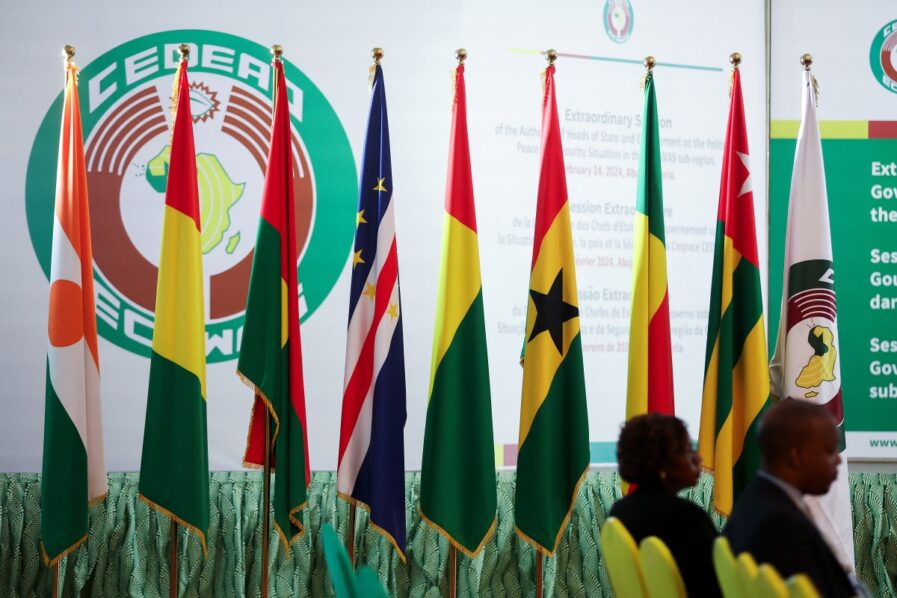
The Economic Community of West African States (ECOWAS) has called for the removal of excessive checkpoints and strict border restrictions that hinder trade along the Abidjan-Lagos Highway corridor.
This appeal was made during a three-day workshop in Cotonou, where government officials, transport experts, and key stakeholders gathered to address challenges affecting seamless movement and trade across the region.
The 1,028-kilometer corridor connects major cities, including Lagos, Cotonou, Lomé, Accra, and Abidjan, serving as a crucial trade route.
Participants underscored the need for strict adherence to ECOWAS regulations, which align with international best practices, to create a more favorable trade environment and drive economic growth.
Mr. Chris Appiah, Director of Transport at the ECOWAS Commission, highlighted that the Corridor Trade and Transport Facilitation framework, once completed, would outline comprehensive measures to be implemented alongside the construction of a six-lane dual carriage supranational highway from Abidjan to Lagos.
“This initiative will significantly boost intra-regional trade, facilitate free movement of people, vehicles, and services, and align with ECOWAS’ regional integration agenda. It will also position Member States to maximize the benefits of the African Continental Free Trade Agreement,” he stated.
The project is expected to stimulate economic activity, enhance cross-border trade, and strengthen economic integration within the ECOWAS community. Ultimately, it aims to reduce poverty among those who rely on transportation along the corridor for their livelihoods.







